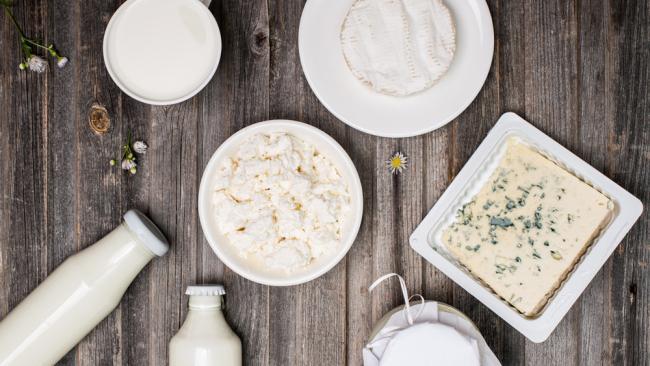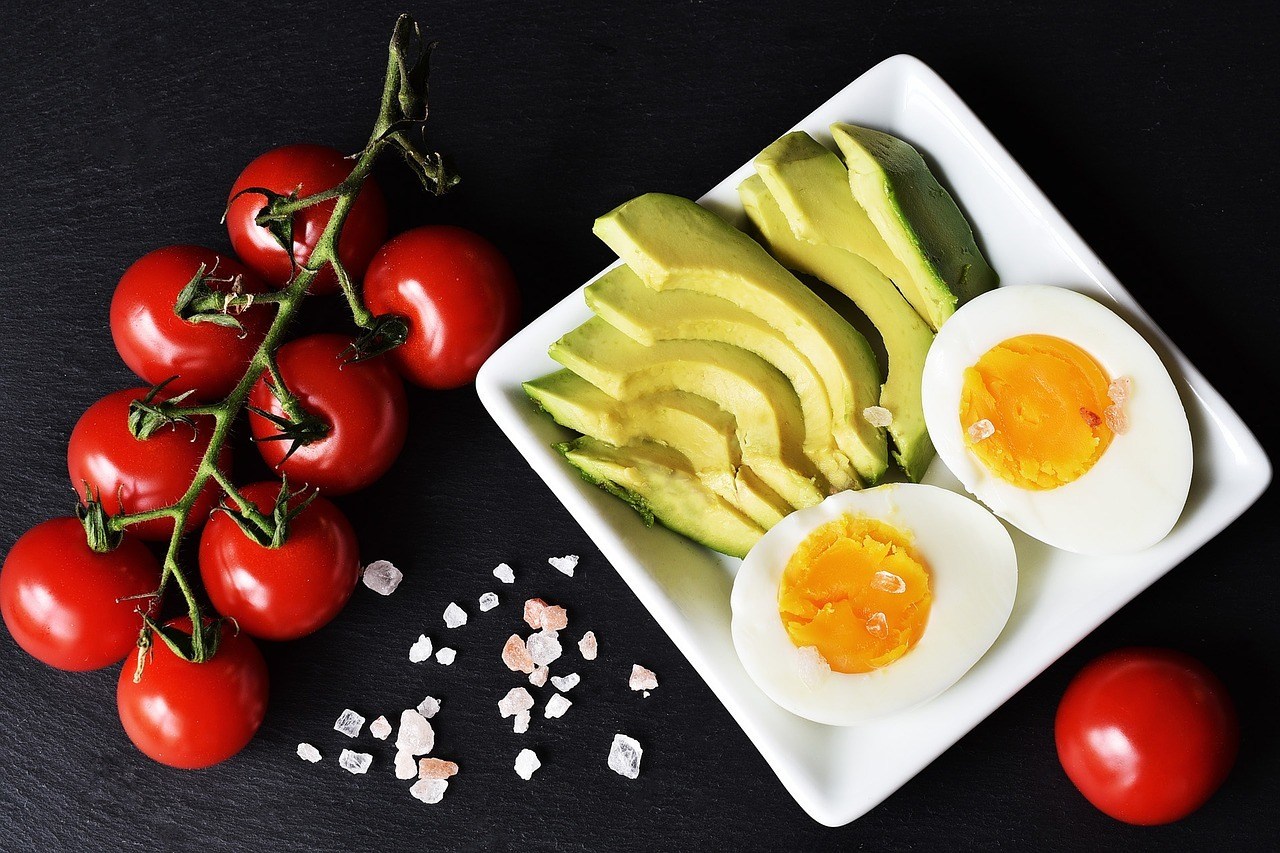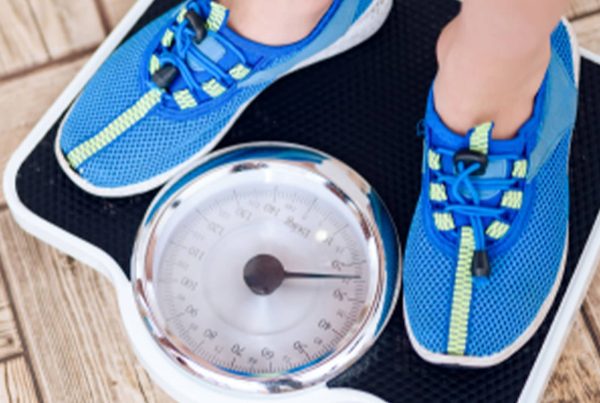I feel like we all know about probiotics, but what exactly are prebiotics? By ‘know all about’, I mean that we know they’re there but probably don’t take them everyday… but at least we know they exist, right?
Probiotics are live bacteria, basically, that when taken in large doses can help to improve and maintain our gut and intestine health. This ‘nice’ bacteria is essential in good health. But, like a lot of things, it needs help to survive inside your gut. So we feed them ‘prebiotic’ foods. Prebiotic foods are non-digestible plant fibres that allow the good bacteria to stick to the walls and help them grow. Basically they’re good bacteria promoters! Prebiotics and probiotics are the yin-and-yang of the gastrointestinal health. One is living, one is not; one is found in dairy, the other in plant fibres. Very different, but work wonders when together.
Where exactly do we get the pro and prebiotics?
Probiotics are found in some yoghurt, fermented foods; such as kefir or sauerkraut and other fermented milk drinks – the one we’ve all seen and wondered what it actually will taste like is Yakult. The foods I’ve just mentioned all contain a live culture, commonly bifidobacteria or lactobacilli (say those five times in a row!).
Prebiotics include fructooligosaccharides, such as inulin (not insulin!) and galactooligosaccharides. Yes, I know, you won’t pick up a loaf of bread and have those words on it. Instead, aim to include foods such as apples (in the skin), bananas, garlic, onions, asparagus, soybeans and whole wheat foods into your diet.
What do they do?
Probiotics main role is to help change or reintroduce bacteria to balance your gut flora. Overall, this component can help boost immunity and overall health – especially gastrointestinal health. Research has shown that taking probiotics has been helpful in irritable bowel disease and recurrence of certain bowel infections.
Prebiotics main role is to act as a fertilizer for the good bacteria inside your GI system. It also is there to nourish and encourage the good bacteria growth and discourage the bad bacteria growth.
What happens if I don’t have probiotics?
If your diet is lacking in prebiotics and probiotics, the bad bacteria can flourish inside your gut, leading to digestion problems. This could mean bloating, constipation, inflammation or diarrhoea (everyone’s favourite topic!). Research has also shown that having an off-balance of bacteria in your gut can affect our brain chemicals, such as serotonin, which is important in emotional health. This is why having pre and probiotic containing foods is important for our overall health, not just our gut.
Why is it important to look after your gut?
Our digestive systems put up with a lot – literally. To name a few, it removes waste from our bodies, breaks food down into glucose and nutrients the body needs and also constitutes of a large percentage of the immune system. So as well as removing and breaking down, it is also responsible for defending the body against bacteria and viruses. Phew!
So, please, for the sake of your health, look after your gut! Talk to your doctor or give us a call, to talk about how we can introduce pre and probiotics into your diet.








One Comment